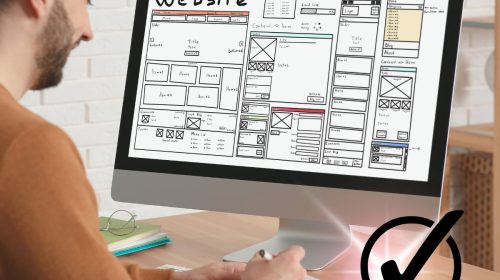Currently, 59% of internet users possess and actively use three digital devices. To ensure you maintain engagement with your audience, it’s crucial that your web application performs flawlessly across a variety of devices, browsers, and operating systems. Your application needs to be quick to load, user-friendly, and dependable. This level of quality and accessibility is achieved through client-side development, an area where our expert team can offer substantial assistance. Access the Expertise You Require Our team of software engineers boasts more than six years of experience in crafting intricate web…
Read MoreAuthor: Guest Author
How to Choose the Best Divorce Lawyer in Tulsa, OK?
Going through a divorce is never easy, but having the right lawyer by your side can make all the difference. In Tulsa, OK, there are countless options when it comes to choosing a divorce attorney. Which one then fits you the best? Look no further – we’ve got all the tips and tricks you need to navigate this important decision and find the best divorce lawyer in Tulsa, OK, to guide you through this challenging time. Importance of Hiring a Divorce Lawyer Hiring a divorce lawyer in Tulsa, OK, is…
Read MoreBaghouse Differential Pressure – Monitoring and Significance in Industrial Filtration Systems
Understanding the Importance of Baghouse Differential Pressure in Industrial Filtration Systems Baghouse differential pressure is a critical parameter in the operation of industrial filtration systems, playing a key role in maintaining optimal performance and extending the lifespan of filter bags. Understanding this pressure differential is essential for industries relying on baghouses for efficient air pollution control. Definition and Measurement Baghouse differential pressure, often referred to as ΔP, represents the pressure difference between the dirty air side (inlet) and the clean air side (outlet) of the filtration system. It is measured…
Read MoreUnleashing the Power of Education: Exploring the Best Learning Platforms
Education plays a pivotal role in personal and professional growth, serving as the foundation upon which individuals can unlock their full potential. The pursuit of knowledge and skills not only broadens our horizons but also equips us with the tools necessary to excel in various aspects of life. In today’s fast-paced and ever-evolving world, the importance of continuous learning cannot be overstated. As industries and technologies continue to advance, individuals need to adapt and upskill themselves to stay relevant and competitive. Education acts as a catalyst for personal growth, empowering…
Read MoreAmerican Dream Auto Protect Extended Car Warranty Review
American Dream Auto Protect has emerged as a noteworthy player in the realm of extended car warranties. Offering a blend of comprehensive coverage and customer-oriented services, this review delves deeper into what sets American Dream Auto Protect apart in the market of vehicle protection. Decoding Extended Car Warranties Before diving into the specifics of American Dream Auto Protect, it’s crucial to understand the essence of an extended car warranty. Serving as a safety net beyond the manufacturer’s warranty period, these warranties cover a range of mechanical and electrical repairs, potentially…
Read More




